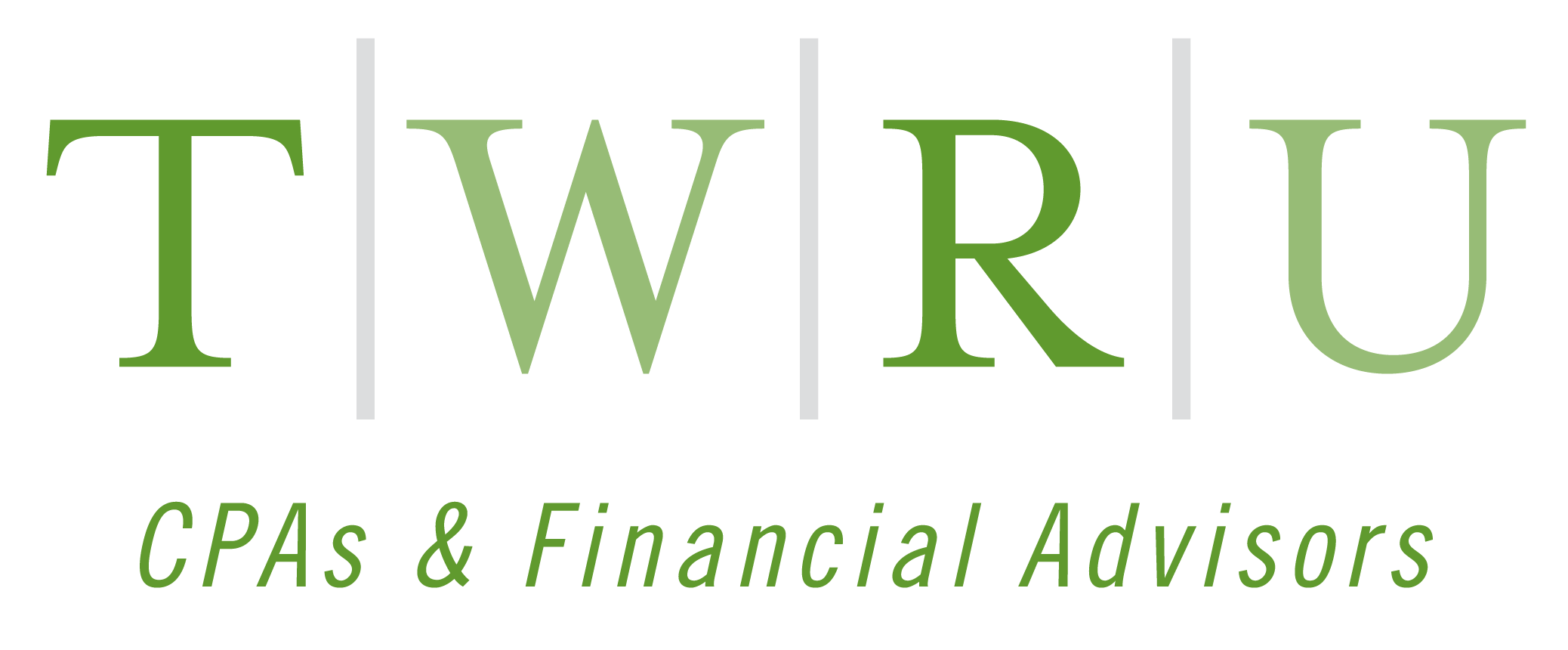7 last-minute tax-saving tips
The year is quickly drawing to a close, but there’s still time to take steps to reduce your 2017 tax liability — you just must act by December 31: Pay your 2017 property tax bill that’s due in early 2018. Make your January 1 mortgage payment. Incur deductible medical expenses (if your deductible medical expenses for the year already exceed the 10% of adjusted gross income floor). Pay tuition for academic periods that will begin in January, February or March of 2018 (if it will make you eligible for a...
Read MoreESOPs offer businesses tax and other benefits
With an employee stock ownership plan (ESOP), employee participants take part ownership of the business through a retirement savings arrangement. Meanwhile, the business and its existing owner(s) can benefit from some potential tax breaks, an extra-motivated workforce and potentially a smoother path for succession planning. How ESOPs work To implement an ESOP, you establish a trust fund and either: Contribute shares of stock or money to buy the stock (an “unleveraged” ESOP), or Borrow funds to initially buy the stock, and then contribute cash to the plan to enable...
Read More5 simple steps to a better nonprofit budget
Preparing your not-for-profit’s annual budget is probably one of the least appealing parts of your job. Here’s how to make the process a little less painful. 1. Count your chickens. Before you start allocating resources, figure out what they are. This includes not only the amount of your income, but its nature. Remember that restricted or planned gifts aren’t necessarily available for spending. 2. Get with the program — costs. With the input of staff and board members, determine the costs of current programs and what your nonprofit expects...
Read MoreSave more for college through the tax advantages of a 529 savings plan
With kids back in school, it’s a good time for parents (and grandparents) to think about college funding. One option, which can be especially beneficial if the children in question still have many years until they’ll be starting their higher education, is a Section 529 plan. Tax-deferred compounding 529 plans are generally state-sponsored, and the savings-plan option offers the opportunity to potentially build up a significant college nest egg because of tax-deferred compounding. So these plans can be particularly powerful if contributions begin when the child is quite young. Although...
Read MoreA Crummey trust can preserve the annual gift tax exclusion
Traditionally, taxpayers have looked for ways to make the most of the $14,000 annual gift tax exclusion, and using a Crummey trust is one way to do that. But with the federal gift and estate tax exemption currently at an inflation-adjusted $5.49 million and the possibility of an estate tax repeal, it may seem that the annual exclusion is less relevant than ever before. Or is it? Gift and estate tax law uncertainty Although an estate tax repeal is called for under the “Unified Framework for Fixing Our Broken Tax...
Read MoreDerek Mathews of TWRU earns his Certified in Financial Forensics Designation (CFF)
Derek Mathews, a CPA financial forensics expert with TWRU CPAs and Financial Advisors located in Baton Rouge, has recently been awarded the Certified in Financial Forensics (CFF) Credential by the American Institute of Certified Public Accountants (AICPA). The CFF Credential, established in 2008 by the AICPA, is granted to qualified CPAs with considerable professional experience in financial forensics. Derek Mathews met the requirements to earn the CFF credential, which include demonstrating significant business experience in the area of financial forensics as well as completing a minimum of 75 hours of life-long learning...
Read More4 ways to get (and keep) your business data in order
With so much data flying around these days, it’s easy for a company of any size to get overwhelmed. If something important falls through the cracks, say a contract renewal or outstanding bill, your financial standing and reputation could suffer. Here are four ways to get — and keep — your business data in order: 1. Simplify, simplify, simplify. Look at your data in broad categories and see whether and how you can simplify things. Sometimes refiling documents under basic designations such as “vendors,” “leases” and “employee contracts” can...
Read MorePutting hedging strategies to work for your business
The Financial Accounting Standards Board (FASB) recently issued some targeted improvements to its guidance that could encourage more companies to engage in hedging arrangements to minimize volatility in their financial statements. Here’s a close-up on how businesses can hedge price fluctuations and why businesses and their investors alike approve of the changes to the hedge accounting rules. Hedging Some costs — such as interest rates, exchange rates and commoditized raw materials — are subject to price fluctuations based on changes in the external markets. Businesses may try to “hedge”...
Read More2 ways spouse-owned businesses can reduce their self-employment tax bill
If you own a profitable, unincorporated business with your spouse, you probably find the high self-employment (SE) tax bills burdensome. An unincorporated business in which both spouses are active is typically treated by the IRS as a partnership owned 50/50 by the spouses. (For simplicity, when we refer to “partnerships,” we’ll include in our definition limited liability companies that are treated as partnerships for federal tax purposes.) For 2017, that means you’ll each pay the maximum 15.3% SE tax rate on the first $127,200 of your respective shares of...
Read MoreAre term limits right for your nonprofit’s board members?
Term limits for not-for-profit board members can be a double-edged sword. They can allow you to easily let go of unsuccessful board members, but they also can cause you to lose the best sooner than you’d like. Consider some of the issues involved before making a decision. Review the pros Term limits allow you to remove inactive or difficult members politely and, hopefully, without hurting their feelings. They also can create an opportunity for new board members with fresh ideas and perspectives to come on board and provide flexibility...
Read More
